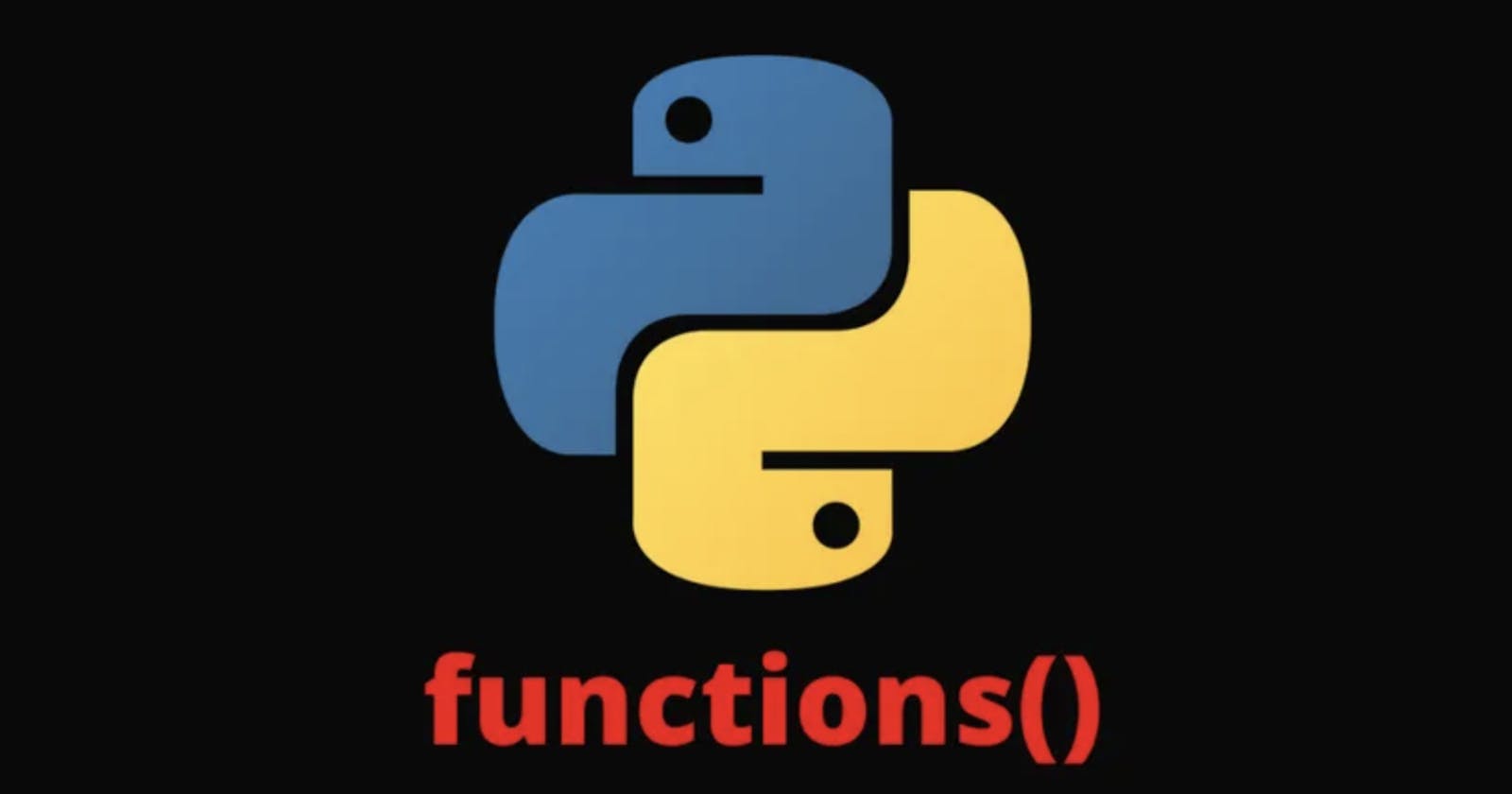Welcome to the world of Python functions, where the intricacies of parameters and arguments unfold like a captivating story. In this blog post, we'll delve into the nuances of these fundamental concepts and explore various scenarios that showcase their versatility.
Understanding the Basics
Parameters are the variables defined within the parentheses when you declare a function. They serve as placeholders for the values that will be supplied during the function call.
Arguments, on the other hand, are the actual values passed to the function when it is invoked. These values correspond to the parameters and provide the necessary input for the function's execution.
Let's illustrate this with a simple example:
def print_name(name): # 'name' is the parameter
print(name)
print_name('Alex') # 'Alex' is the argument
In this snippet, name is a parameter, and the string 'Alex' is the argument passed to the function.
The Dance of Positional and Keyword Arguments
Positional Arguments
Positional arguments are passed to a function in the order the parameters are defined. The positions of the arguments determine which parameter they correspond to.
def foo(a, b, c):
print(a, b, c)
foo(1, 2, 3) # Positional arguments
Keyword Arguments
Keyword arguments are identified by the parameter names, allowing you to pass values in a different order or skip some parameters.
foo(a=1, b=2, c=3) # Keyword arguments
foo(c=3, b=2, a=1) # Order doesn't matter with keyword arguments
foo(1, b=2, c=3) # A mix of both
Embracing Default Arguments
Functions can have default arguments with predefined values. These parameters can be omitted during the function call, and the default values are used.
def greet(name, greeting='Hello'):
print(greeting, name)
greet('Alice') # Uses the default greeting
greet('Bob', 'Greetings') # Overrides the default greeting
It's crucial to note that default arguments must be defined as the last parameters in a function.
Unleashing the Power of Variable-Length Arguments
Python allows functions to accept a variable number of arguments using *args and **kwargs.
*args: Variable-Length Positional Arguments
def show_args(a, b, *args):
print(a, b)
for arg in args:
print(arg)
show_args(1, 2, 3, 4, 5)
**kwargs: Variable-Length Keyword Arguments
def show_kwargs(a, b, **kwargs):
print(a, b)
for key, value in kwargs.items():
print(key, value)
show_kwargs(1, 2, three=3, four=4)
Mastering Forced Keyword Arguments
Sometimes, you might want to enforce keyword-only arguments. You can achieve this using the * symbol in your function parameter list.
def foo(a, b, *, c, d):
print(a, b, c, d)
foo(1, 2, c=3, d=4)
# Not allowed:
# foo(1, 2, 3, 4)
Unpacking the Magic: Container Unpacking into Function Arguments
Python allows you to unpack lists, tuples, and dictionaries into function arguments.
List/Tuple Unpacking
def foo(a, b, c):
print(a, b, c)
my_list = [4, 5, 6]
foo(*my_list)
Dictionary Unpacking
def foo(a, b, c):
print(a, b, c)
my_dict = {'a': 1, 'b': 2, 'c': 3}
foo(**my_dict)
Navigating Local vs. Global Variables
Understanding the scope of variables is crucial. Global variables can be accessed within a function, but to modify them, you need to declare them as global within the function.
number = 0
def modify_global():
global number
number = 42
print('Before:', number)
modify_global()
print('After:', number)
Demystifying Parameter Passing
Python employs a mechanism known as "Call-by-Object" or "Call-by-Object-Reference." Here are some key points:
The parameter passed is a reference to an object (passed by value).
Mutable objects (e.g., lists) can be changed within a method, while immutable objects (e.g., integers) cannot be modified.
def modify_list(my_list):
my_list.append(42)
numbers = [1, 2, 3]
modify_list(numbers)
print(numbers) # [1, 2, 3, 42]
Wrapping Up the Tale
As we conclude our journey through the realms of Python function parameters and arguments, you've gained insights into their nuances and discovered the flexibility they offer. Armed with this knowledge, you're better equipped to write robust and adaptable functions in Python.
May your coding adventures be filled with functions that dance seamlessly with parameters and arguments, creating elegant and efficient solutions. Happy coding!
